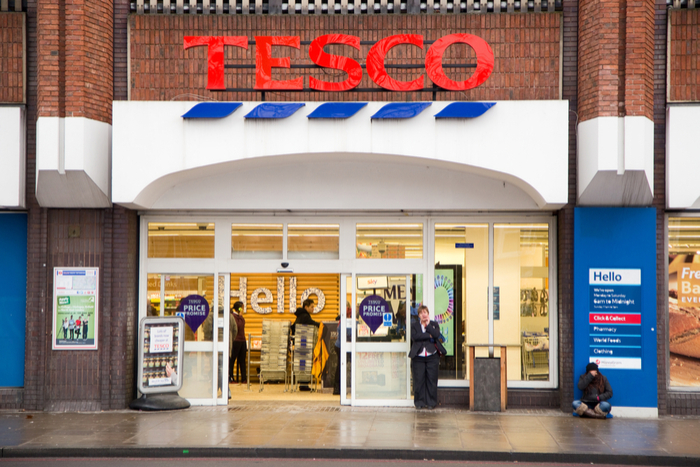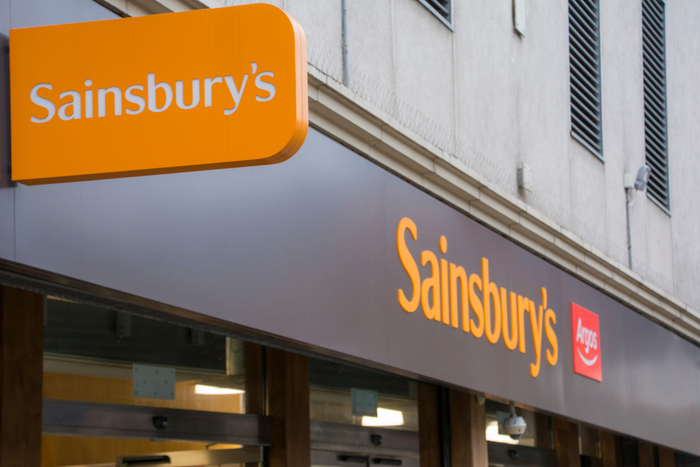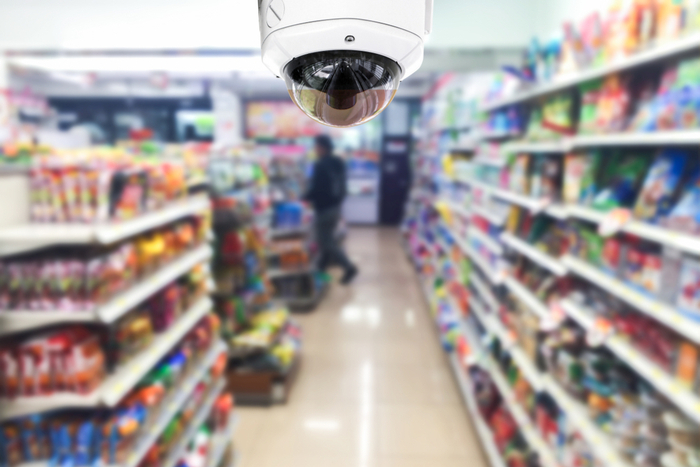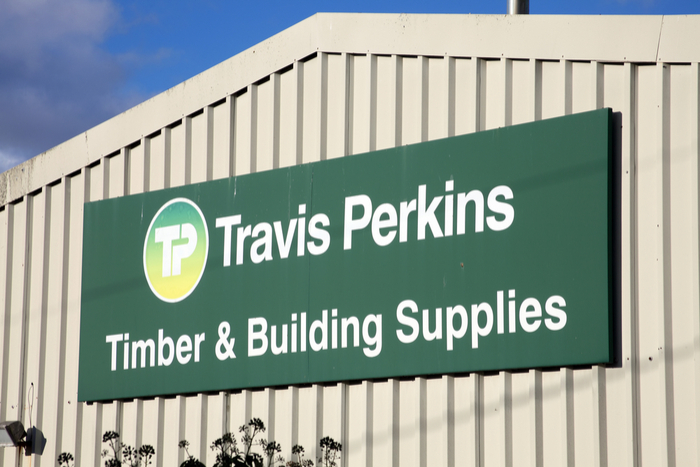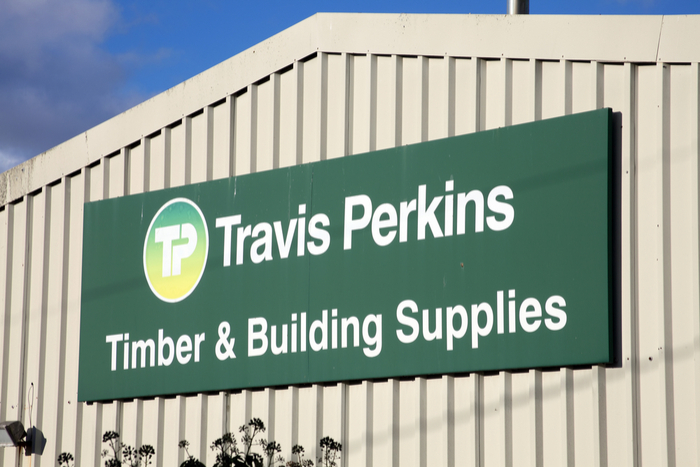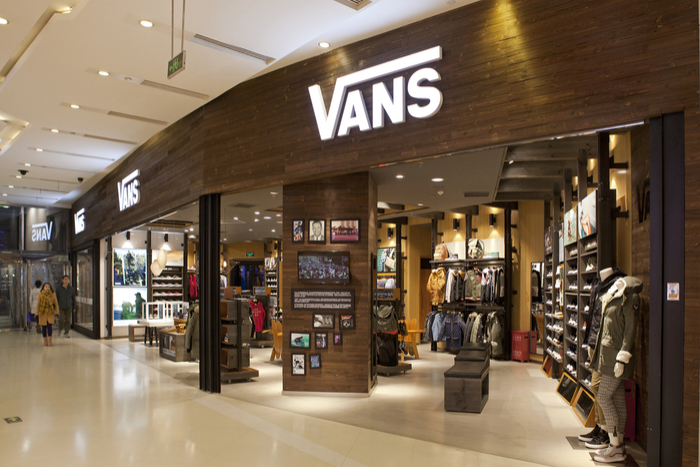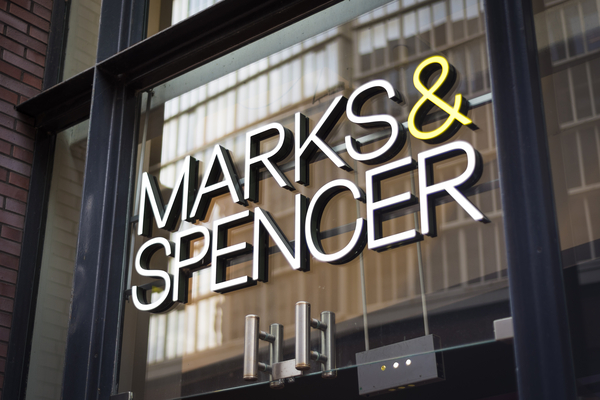Retail Gazette, Oracle and Cognizant hosted senior leaders over breakfast to discuss how AI is transforming HR
With the average annual staff turnover rate exceeding 50% in the retail sector, and the changing expectations of the upcoming Gen Z workforce, it has become imperative for retailers to adopt innovative solutions for attracting, retaining and upskilling staff. Artificial Intelligence (AI), particularly GenAI, presents a transformative opportunity in this regard.
Senior individuals from major UK retailers came together July 2nd, 2024 in London to discuss the “art of the possible”, focusing on the primary challenges facing the sector and the role of HR on underpinning business performance. The conversation was focused on the impact of AI on people and processes – and how the acceleration of technology will deliver the expected outcomes now and in the future. Talk also turned to how thinking differently could change the dynamic of the HR function and result in new ways of working across the enterprise.
Daniel Balshaw, HR Transformation Director at Oracle, opened the conversation held under Chatham House rule, by stating, “It may feel like everyone is doing something in AI but the reality is that most retailers are still unsure of how they want to use it and how they can use it. At this stage, it’s all about experimentation. If you’re not at least experimenting, you will get left behind.”
AI in HR: The art of the possible
One of the possibilities discussed for HR teams was the potential of AI and GenAI to enhance internal mobility and better utilise existing talent within organisations. AI can analyse employees’ skills and match them with suitable internal opportunities across different departments, divisions and regions. This approach not only fills roles more efficiently, it helps to strengthen employee loyalty, improve retention and boost employee morale by recognising and realising their full potential.
One attendee outlined what a game changer this would be considering, “internal opportunities are still stuck on the wall in a store notice board getting lost amongst rows and rows of stuff”.
This would also extend the kind of insight usually reserved for higher levels of management to those across retail organisations and allow a level of personalisation at scale, where employees’ skills and achievements could be tracked and leveraged.
As one participant noted, “The data that [HR] have at their fingertips is a real driver for performance in the business.” For example, AI can predict spikes in sales, trends in buying patterns and major programme initiatives and automatically create job requisitions in response, without HR needing to manually intervene.
The discussion also underscored the shifting expectations of the workforce, particularly post-pandemic. Employees now prioritise flexibility, remote work options and a supportive work environment over traditional incentives like salary. AI can help manage these expectations by personalising work experiences and identifying trends that inform HR strategies.
The group concurred unanimously around the usefulness of AI to boost employee experience, including the implementation of nudge behaviours. One retailer spoke about how candidates were getting stuck in the corporate recruitment process for sometimes months at a time waiting for hiring managers to schedule in time with the relevant people. “Connecting the problem with individuals’ roles in solving the problem and giving them a way to solve it in one click will be the way forward.”
Another retailer discussed how they were using AI and cutting-edge automation to generate store rotas and solve the challenge of constantly being over or under staffed. “It has significantly improved staff morale in terms of accommodating their hours and has also improved efficiencies in store.”
They went on to outline how managers can interact with the system, and for example, input to a local event that could impact a store’s resource requirements on a particular day or week and immediately receive a rota that can adjust accordingly. The goal for retailers is to eventually get to a place where they can understand staff shortages in nearby stores, food outlets and restaurants and automatically reallocate staff. Today, this is still a manual process for many, but the possibilities are endless.
The group concluded that they were at the start of the journey to GenAI, therefore expectations are still low as there still so much more to come.
Biggest barriers to AI implementation
Despite the variety of retailers in the room, one common theme emerged; the biggest barrier to AI implementation was people. One leader noted, “The minute you put AI or tech behind it, the resistance level just goes up tenfold.”
Overcoming resistance requires clear communication about the purpose, the business impact and benefits of AI and how it will affect employees’ roles. Often there is risk aversion and fear around redundancies or changes in relevancy and responsibilities. As another stated, “AI will replace roles, it’s a fundamental part of automation; it will happen and we foresee it happening in the future. However, if we don’t change at all, no one will have a job because we’ll cease to exist.”
But it’s not all bad news: “We are at that major [technology] inflection point that means we are observing that change and worried about that change. And yes, there is going to undoubtedly be obsolescence. But there’s equally going to be opportunity.” GenAI will change the way organisations think, operate and are structured. It is all about making things work better and be more cost effective with greater agility and responsiveness.
In response to this exchange of ideas, another participant added, “This is where great companies go, ‘We can reallocate those resources to something different or better. For instance, let’s take that money and have a child care centre for our employees.’ All of a sudden, their company becomes far more attractive to work for.”
Attendees discussed a major starting point to capitalise on this technology – data. As Balshaw stated, “It’s easy to get hung up on the AI part of the conversation. But if you don’t have consolidated data, one source of truth, you’re not going to be able to do anything with AI – or at least what you want to do.”
Fundamentally, change management is imperative to any AI success. And this will need to be led by a senior sponsor within the business who wholeheartedly believes in the benefits it will bring and can communicate the “why” clearly and consistently. As one participant colourfully put it, “You need a bulldozer of a person to push through the resistance.” “Champions of change” will increase across companies to integrate the business at pace, accelerate increasing levels of technology adoption and focus on outputs and outcomes.
Another major barrier is the ability to move at the speed of change. Lindsey Price, Senior Director at Cognizant said, “What we are seeing is that AI and Generative AI are moving now at such a pace. Every six weeks, there’s something that is new, different and actively being adopted.” There was a sense, particularly for the larger retailers in the room, that they still were not agile enough and their size meant they couldn’t change as quickly as they would like.
She went on to say that GenAI is poised to revolutionise HR by enhancing efficiency, personalising employee experiences and providing data-driven insights and employee data like never before. However, its successful integration requires clear, holistic outcomes for the organisation, data consolidation and an innovation mindset. An exciting chapter for the world of HR, creating a dynamic place to work and succeed.
For further insights, we invite you to read Oracle’s e-book “3 Ways CHROs Can Apply AI Right Now”. Find out how Cognizant’s Oracle Fusion Cloud HCM services can help businesses meet HR goals and transform employee experience.
Click here to sign up to Retail Gazette‘s free daily email newsletter








